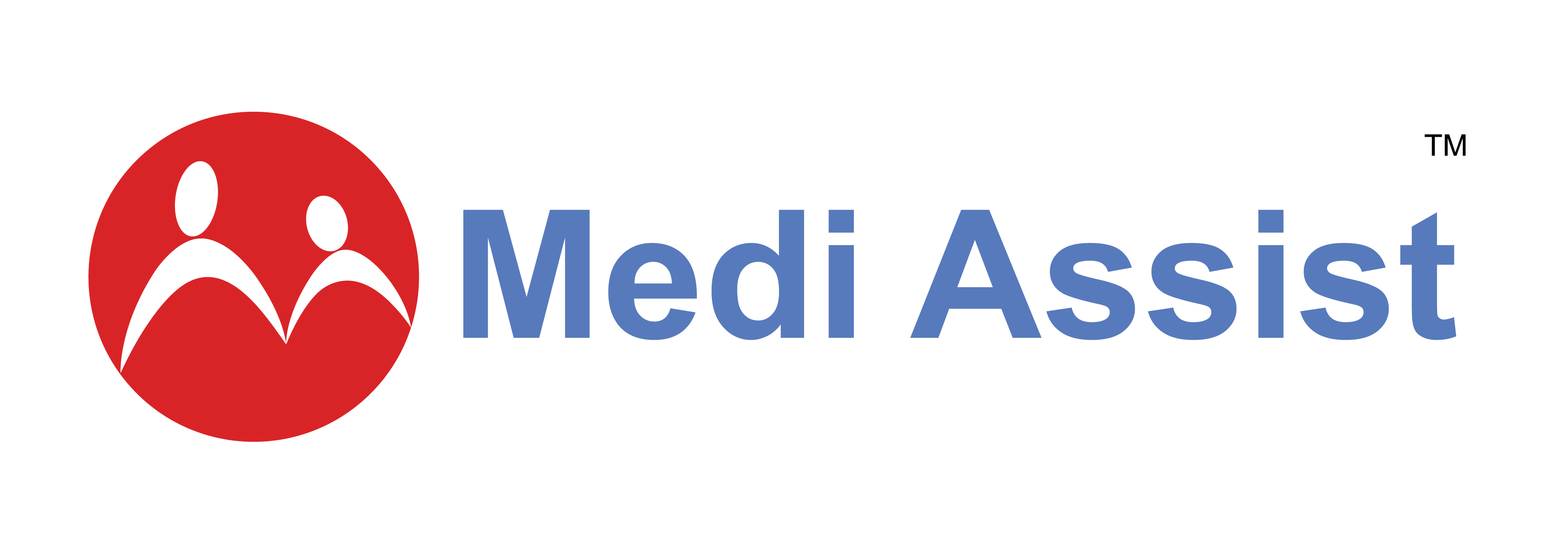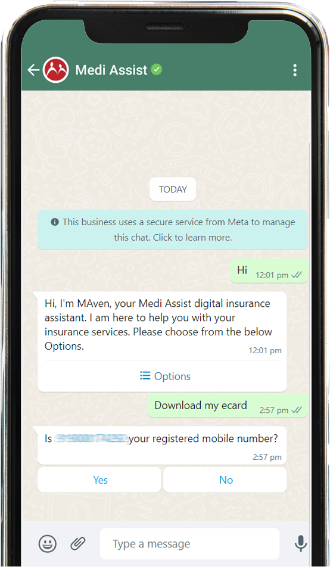ADHD, also called Attention Deficit Hyperactivity Disorder, is a behavior disorder, usually first diagnosed in early childhood but might come into discovery a lot later for others.
It is characterized by the following traits:
- Inattention
- Impulsivity
- Hyperactivity (in some cases)
These symptoms usually occur together; however, one may occur individually for many people. It is tough to understand ADHD as we live in a busy generation mostly multitasking between numerous tasks. Though it can be diagnosed with a slightly deeper analysis of our everyday lives, so we can understand our behavior patterns and work towards our goals with ease.
The reason behind ADHD: Attention-Deficit/Hyperactivity Disorder is said to be genetic but the exact cause is unknown, even after being one of the most researched areas in child mental health. ADHD is a neurological disorder, in simpler words, it is a condition of the brain in which studies have found that the body is not able to produce enough dopamine (a neurotransmitter that helps us to feel motivated & focused).
Symptoms of Attention Deficit Hyperactivity Disorder: These are the most common ADHD symptoms. However, each child/adult may experience symptoms differently.
Inattention:
- Short attention span (difficulty in staying attentive & focused)
- Forgetfulness
- Difficulty attending to details/listening
Impulsivity:
- Frequently interrupts others
- The may have trouble waiting for their turn
- Takes risks without thinking about consequences
Hyperactivity:
- The body tends to be in a constant motion of restlessness without a reason/need
- Excessive talking
- Facing challenges in being a part of quiet activities
How ADHD can affect both children & adults: Studies prove that the brain’s metabolism of people facing ADHD is lower in the areas of the brain that control the following:
- Attention
- Social judgment
- Movement
Treatment for attention-deficit/hyperactivity disorder: ADHD though usually diagnosed in children, may continue into adulthood and be discovered at a later stage in life. A psychologist, a psychiatrist, or a neurologist can easily diagnose ADHD and suggest specific treatment based on numerous factors such as:
- Medical history
- Age
- Severity of symptoms
- Expectations for the course of the condition







